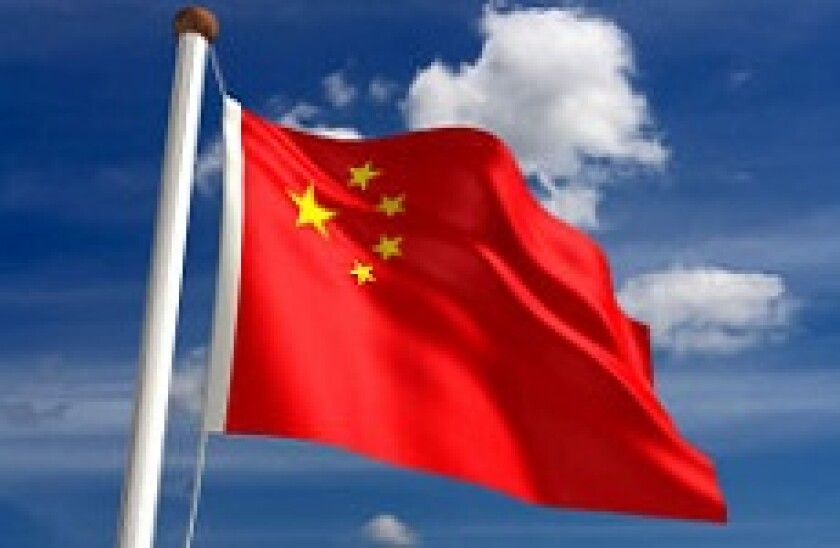China’s securitization market is expected to see explosive growth over the next few years. Analysts predict the volume of asset backed securities (ABS) coming out of China could reach Rmb3tr ($480bn) by 2018. What’s more, Chinese regulators — not known for their liberalism — have pledged their support.
In addition to plans for more flexible regulation of ABS and a lifting of the current Rmb400bn issuance quota in the second half of this year, premier Li Keqiang’s cabinet has explicitly encouraged China’s financial institutions to “monetise remnant assets” to bolster their balance sheets and raise fresh funds.
This is sound advice that Chinese banks should not overlook. Securitization could open up a virtuous circle of solutions to help banks tackle the capitalisation challenge. By some estimates, the country's banking sector will need to rustle up $410bn of capital by 2018 in order to meet Basel III requirements.
First, by sweeping illiquid assets from their balance sheets into special purpose vehicles, and from their into the hands of bondholders, Chinese banks would be able to cut risk weighted assets on their books. This in turn reduces the capital needed to meet capital adequacy requirements, relieving some of the funding pressure.
And Chinese financial institutions aren’t short of assets that could be securitized – collectively, they hold around Rmb70tr of outstanding loans on their balance sheets.
The bank doesn't only reduce its risk weighted assets, of course. It also gets cash in return, which it can use to fund revenue generating activities, creating a multiplier effect for its top line. A resulting fatter bottom line could also help boost retained earnings, giving a further boost to capital levels.
Enhanced profit growth and healthier balance sheets ought to unblock another channel for Chinese banks to obtain capital. Common equity has been off limits for many because of a regulatory prohibition on selling new stock at a price-to-book ratio of below one – all of China’s major banks currently trade at below that level on the Shanghai Stock Exchange.
Stronger financial performance could help to lift them out of that zone — and would also help them get better valuations when it comes to selling preferred shares and subordinated debt to raise regulatory capital, reducing servicing costs.
Steady as you go
That's the theory. Getting to that point is going to be slow, however — and it may not involve the banks just yet.
So far the Chinese ABS market has been barely tested. Those deals that have happened have mostly involved securitising small pools of corporate loans, so small in fact that investors can comfortably analyse each one. To get the domestic buyside to adapt to more international norms of tens of thousands of underlying loans will take time.
The mini flurry of auto finance securitizations that has taken place in the last month or so is therefore an important step. Names like BMW, Toyota and Ford have all securitised big pools of loans from their finance divisions. VW is drumming up interest in its own deal right now. Some have attracted international investors, even without international ratings. VW's deal, the only one to have got such ratings, is likely to see more.
Perhaps cautious of setting unhelpful yardsticks to be judged by, Asian ABS bankers stress that whether international investors actually buy much Chinese ABS is of less importance than whether they can be persuaded to begin to do the credit work that will pave the way for a smooth acceptance of follow-up deals in the auto and other sectors in the future.
And deals have only begun to scratch the surface in terms of asset type. There has been no mortgage-backed issuance to speak of, for instance, although the capricious nature of China's housing market — and government attitudes to it — may make this a longer-term prospect. For the moment it may be that innovation has to find its voice through deals from autos and leasing companies, with a smattering of consumer finance.
What is certain is that there is regulatory will behind the process. That support is essential — and a big development given that Chinese authorities shut down the market entirely amid their horror at the US sub-prime meltdown. But it also raises what will be the toughest challenge of all.
At the moment Chinese ABS is among the most regulated asset classes on earth — every deal is assessed by regulators on an individual basis, both the structure and the asset pool. But if the technology is to fulfil its promise, it will have to be cut loose. And that will be a step too far for a long time to come.

